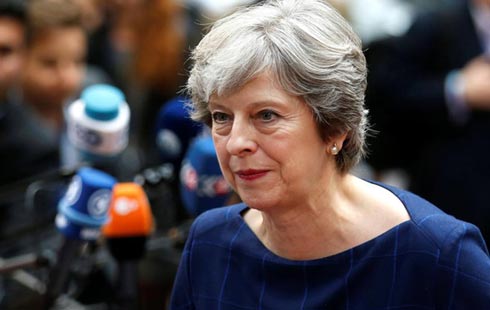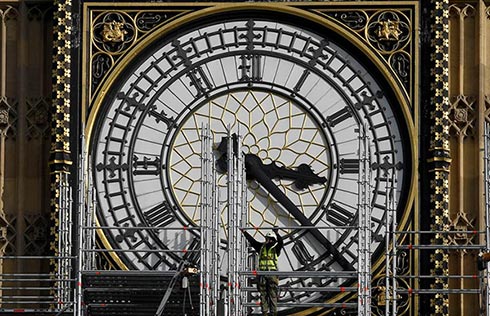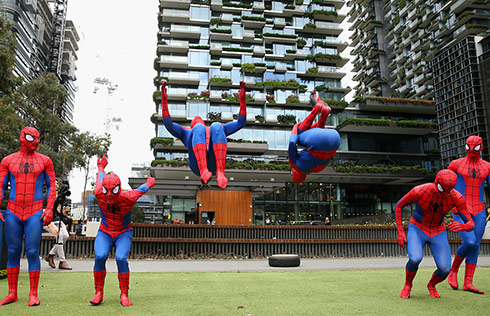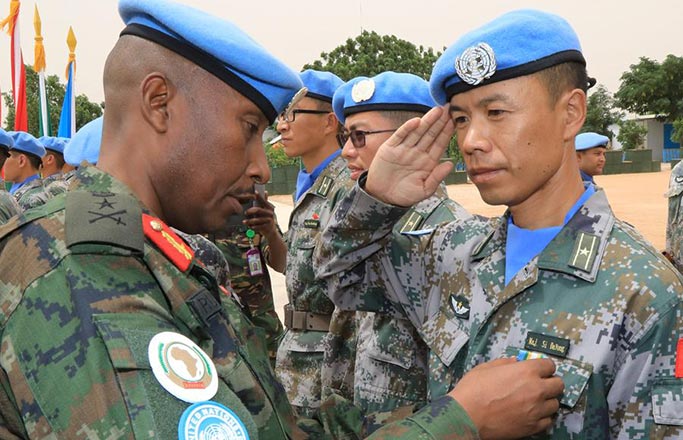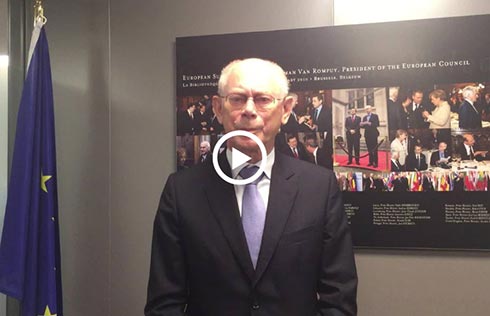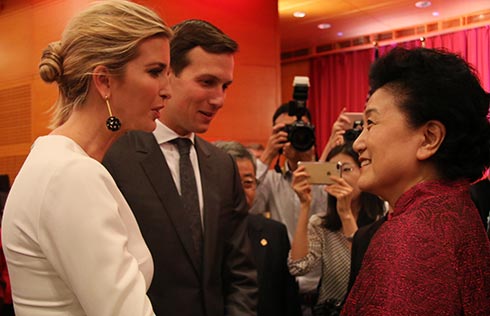Egypt's Mursi rebuffs army ultimatum
![Protesters, opposing Egyptian President Mohamed Mursi, pray during a protest demanding that Mursi resign at Tahrir Square in Cairo July 1, 2013.[Photo/Agencies] Egypt's Mursi rebuffs army ultimatum](../../images/attachement/jpg/site1/20130702/d4bed9d4d220133cc5963f.jpg) |
|
Protesters, opposing Egyptian President Mohamed Mursi, pray during a protest demanding that Mursi resign at Tahrir Square in Cairo July 1, 2013.[Photo/Agencies] |
An alliance of Islamist groups, including the Brotherhood, issued a cautious joint statement that avoided criticising the army but spoke of it being manipulated by rival parties.
Some Islamist groups, notably the Salafi Nour Party, which came second only to the Brotherhood in parliamentary elections last year, have spoken in favour of dialogue.
But scope for compromise between Mursi and his liberal critics appears narrow without the army imposing a deal.
Mursi has said he favours moving to elections for a new parliament that would give the opposition more say - if, as he points out, it has popular support. But the opposition, convinced the Brotherhood is out to entrench its rule forever, does not trust Mursi and wants to wipe clean a messy slate of institutional reforms since 2011 before holding a vote.
To that end, liberal coalition leaders, represented in negotiations by former UN diplomat Mohamed ElBaradei, are pushing for the senior judge on the constitutional court to replace Mursi as head of state for an interim period, while technocrats - and generals - would administer the country.
How far Sisi is prepare to push Mursi is not clear. Despite a hard line being taken by opposition leaders, some compromise in which Mursi was given time to lead the country, or perhaps to call a referendum on finishing his term, might be possible.
A military source said Sisi was keen not to repeat the experience of the year and a half between Mubarak's fall and Mursi's election, when a committee of generals formed a government that proved unpopular as the economy struggled.
The army's preference would appear to be for a more hands-off approach, supervising government but not running it.
For many Egyptians, fixing the economy is key. Unrest since Mubarak fell has hobbled tourism and investment and the state finances are in poor shape, drained by extensive subsidy regimes and struggling to provide regular supplies of fuel.






